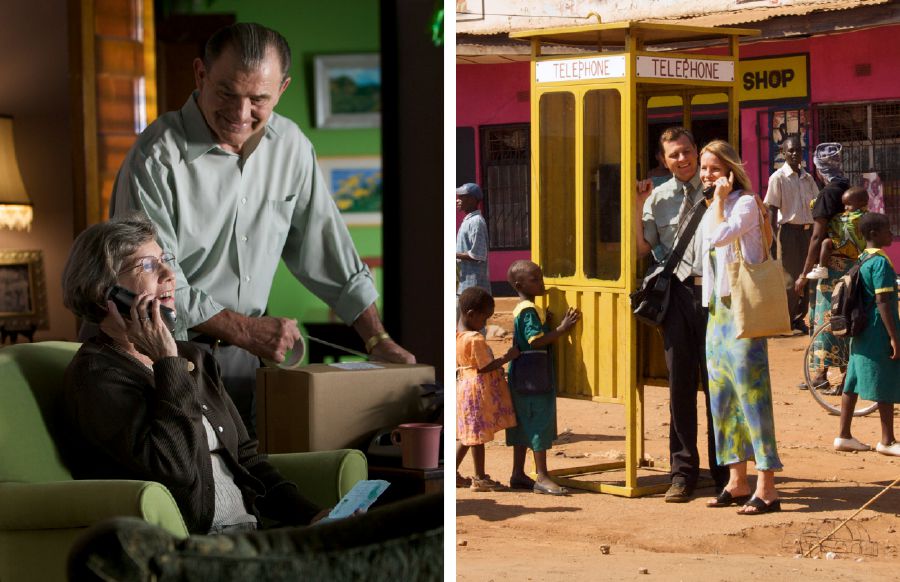APọl asopha oḍighi ogbi phọ Enhaạn kụ aghị Jeruselem
1-4. Uḍighi ika kụ aPọl rakị bọ Jeruselem, kụ eeghe kụ kemitenhaan nyodị epẹ phọ?
1Bạl onhụ English
2 Bạl onhụ English
3 Bạl onhụ English
4 Bạl onhụ English
Roten ‘Ekpu-ogbo aSaiprọs’ (Iiḍighi 21:1-3)
5. APọl r’abuphẹ rodạph bọ nyodị uugo eghẹn kụ oghị bọ Taya?
5 Bạl onhụ English
6. (a) Mem mọ aPọl amhiịn bọ ekpu-ogbo phọ aSaiprọs, uḍighi ika kụ eeni ekparamhị bọ nyodị? (b) Mem dị nạ aatughiạn ipẹ aZihova masẹph bọ aḅilhẹ alhoghonhaạn nyinhạ ḍighaạgh, reetughianhạm ghan nyinhạ eeghe?
6 Bạl onhụ English
“Yoor Umiịn Ni We Dị Momeeraam” (Iiḍighi 21:4-9)
7. APọl r’abuphẹ rodạph bọ nyodị uḍighi eeghe mem mọ bidị osi bọ Taya?
7 Bạl onhụ English
8. Ipẹ edi bọ Iiḍighi 21:4 remạ ghan eeghe?
8 Bạl onhụ English
9, 10. (a) Mem mọ abumor phọ orọl bọ Taya ooḅereghiạn bọ Pọl mọ ku/kị Jeruselem, anhiạn kụ edị eeni odị aatughiạn ghan dị masoman aani ghan ḍiniin phọ adọl phọ? (b) Ḍighẹn aḍiitughiạn kụ iitura siẹn aḅirinhi phọ rodon, kụ ika kụ idị ipẹ phọ egbạgh r’ikpo-onhụ phọ aZizọs?
9 Bạl onhụ English

Following Jesus requires a self-sacrificing spirit
10 Bạl onhụ English
11. Ika kụ idị abumor phọ orọl bọ epẹ Taya oḍeenhaan mọ bunọ opomhoghiạn ni oḅilhẹ obakị Pọl?
11 Bạl onhụ English
12, 13. (a) Eeghe emạ eḍeenhaan kụ edị aFilip aphighi? (b) Eeghe eḍeenhaan kụ edị aFilip aphighinhaan burudẹ dị oḍighi Kristẹn rodon?
12 Bạl onhụ English
13 Bạl onhụ English
14. Dị iikia i/lo, eeghe kụ iḍuạ emite mem mọ aPọl aghị bọ aphogh bumor r’abumaranhi phọ odị, kụ ika kụ idị yira kotuughaạny nyodị rodon?
14 Bạl onhụ English
“Mị Aakolobian Ni . . . Omugh” (Iiḍighi 21:10-14)
15, 16. Agabọs angọ ḍighẹn adom, kụ ika kụ idị ipẹ phọ etir buphẹ ronaghạn bọ?
15 Bạl onhụ English
16 Bạl onhụ English
17, 18. Ika kụ idị aPọl aḍeenhaan mọ onọ asopha ni oḍighi ogbi phọ Enhaạn, kụ abumor phọ umhegheron ika?
17 Bạl onhụ English
18 Bạl onhụ English
19. Eeghe iyaạr dị emhạn maạr kụ edị yira otuughạ esi ipẹ emitenhaan bọ Pọl?
19 Bạl onhụ English

It is good to encourage self-sacrificing fellow believers
“Buọ Asiosị Phọ Ughereghọm Ni Iyoor R’ophalaḅaạl Ologhi.” (Iiḍighi 21:15-17)
20, 21. Eeghe kụ iḍeenhaan mọ aPọl awạ ni orọl r’abumor phọ odị, kụ uḍighi ika kụ odị awạ bọ orọl r’abidị?
20 Bạl onhụ English
21 Bạl onhụ English